If you went to school in America, you might just agree that there are some questionable corners of the curriculum that students are obligated to learn—many of which aren’t very practical and aren’t at all necessary to succeed in life. In this article, we’re sharing 18 of the most pointless things kids are taught that have zero use after the final bell rings.
The Periodic Table
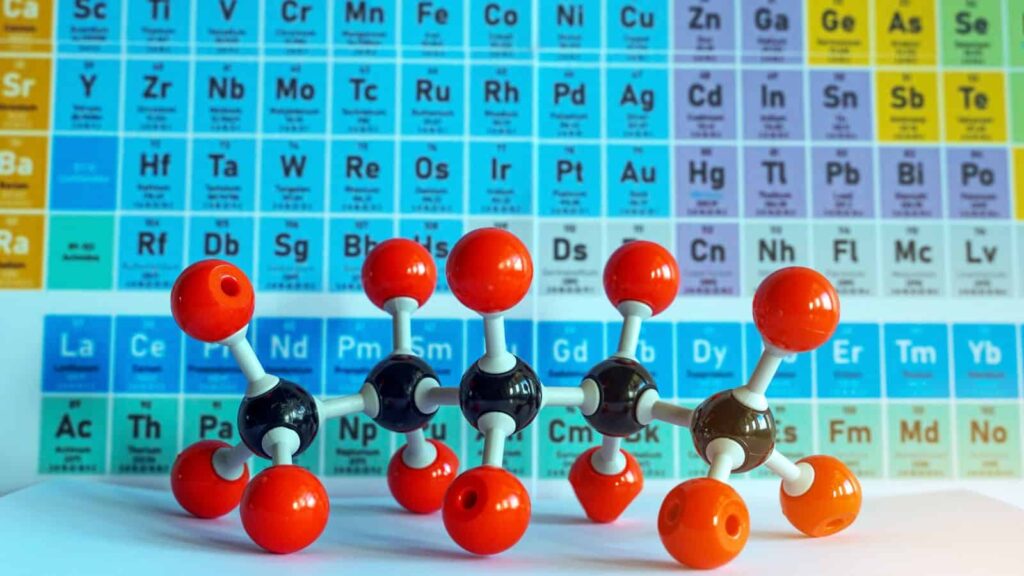
Unless you’ve gone into chemistry or physics, how many times can you honestly say you’ve been quizzed on the periodic table since leaving school? We’re guessing a big, fat zero. So, why is memorizing it still a staple of lessons where students are forced to spend hours learning the names of elements?
Pi (π) to Several Decimal Places
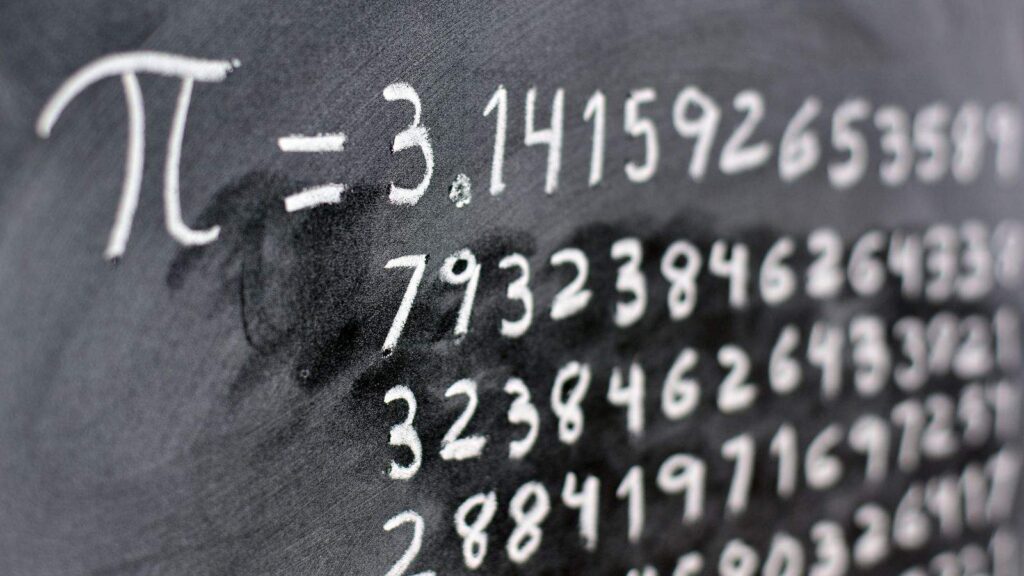
Beyond its basic concept that’s admittedly useful in some mathematical calculations, the detailed memorization of π’s digits rarely comes in handy in life—unless you want to show off on trivia night. Outside of specialized scientific or mathematical fields, there’s really no use in memorizing all these digits.
Cursive Writing

According to Education Week, “Currently, 21 states require some sort of cursive handwriting instruction.” This begs the question… why? Cursive is no doubt a skill, but in modern times it seems to be an irrelevant one. Most communication is done digitally through typing these days, so cursive has little practical use.
The Quadratic Equation

Ah, the quadratic equation—a classic example of advanced algebra taught in high schools that many find little use for post-education. It may be crucial for the rare few who go into STEM fields, but the average person will likely never find a use for solving quadratic equations in their daily life.
The Capitals of Every State
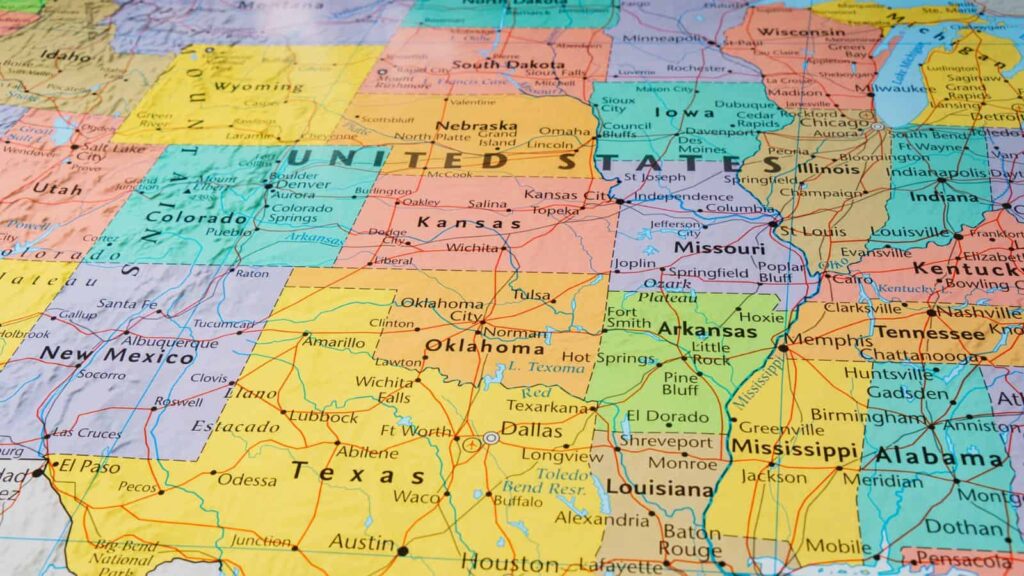
Maps exist. Google exists. In this day and age, there’s no need to memorize the capitals of every state—and yet, knowing them all is a common quiz topic in geography classes in America. In reality, this is more about testing kids’ memories than practical knowledge application.
The Canterbury Tales in Middle English

Studying Chaucer’s language offers a deep dive into historical English but is rarely useful outside of academic settings. It may be interesting, but let’s be real, middle English isn’t a practical communication skill needed today. It makes you wonder why this is still an obligatory part of many curriculums.
Calculus

As told by Study.com, “It is not always possible to sit down with a pen and paper and apply calculus directly in real life, except if calculus is one of your subjects or if you have an interest in it.” It’s often remembered as a challenging and abstract subject with little real-life application.
Identifying Rock Types

How often do you go out with your friends to name the different types of rocks you see? Has knowing a specific type of rock ever saved your life? We bet your answer to both of these questions is “never.” So, it’s pretty odd to continue to force students to learn this.
Distinguishing Cloud Types

While understanding weather patterns can be useful, the classification of clouds into types like cumulus or cirrus is much less so. Those going into fields such as meteorology would have to learn the different types in specialized higher education anyway, so learning it at school is pretty useless.
Using a Compass to Draw Perfect Circles

As you likely know, drawing circles with a compass is seen as an essential skill in geometry classes, yet its practical use is minimal (or rather non-existent) for most. If you think about it, this is pretty symbolic of the broader issue of teaching skills that don’t translate well into practical or digital applications.
Plato’s Theory of Forms

“Plato’s Theory of Forms is a foundational metaphysical concept suggesting that true reality is comprised of abstract, ideal entities (Forms) which differ from how things appear,” as per The Collector. Many are forced to learn this at school, but in reality, it’s regarded as abstract and impractical.
The Structure of an Atom

This is a fundamental scientific concept taught in depth at school. However, let’s be real, the detailed components (like protons, neutrons, and electrons) are not very relevant in daily life outside of scientific careers. Of course, it’s good foundational knowledge, but pretty pointless as a practical skill.
The Krebs Cycle

Another “pointless” thing many Americans are forced to learn in school is the Krebs Cycle—a detailed biochemical pathway taught in biology. While it’s crucial for understanding cellular respiration, its complexity and detail are useless to those outside of specific scientific or medical fields.
The Pythagorean Theorem
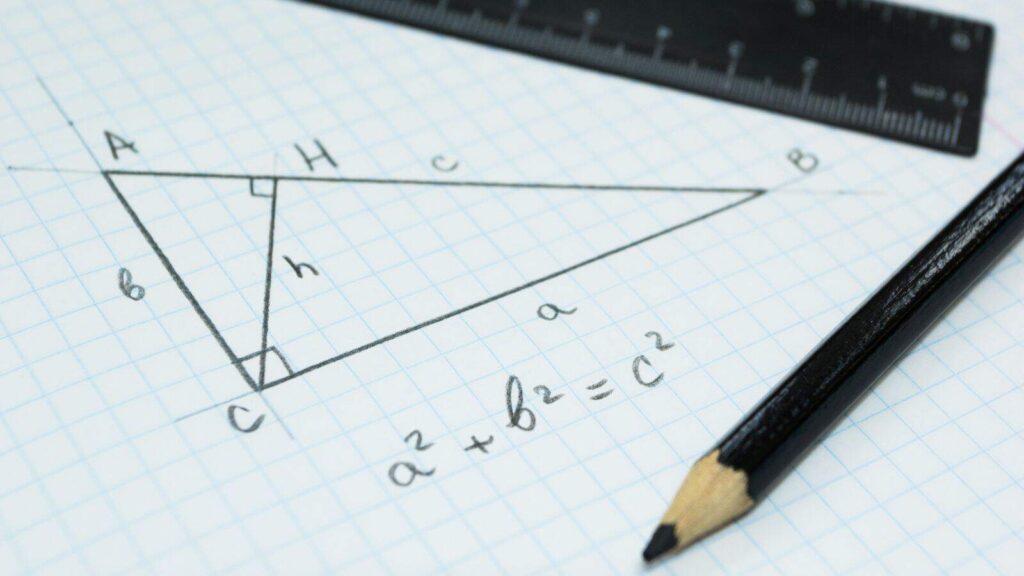
You may have seen people complaining online about how useless the Pythagorean theorem has been to them in life after school, and when you think about it, it’s true. It’s a mathematical principle with some practical applications in design and construction, but it is generally seen as a useless piece of knowledge.
Square Dancing
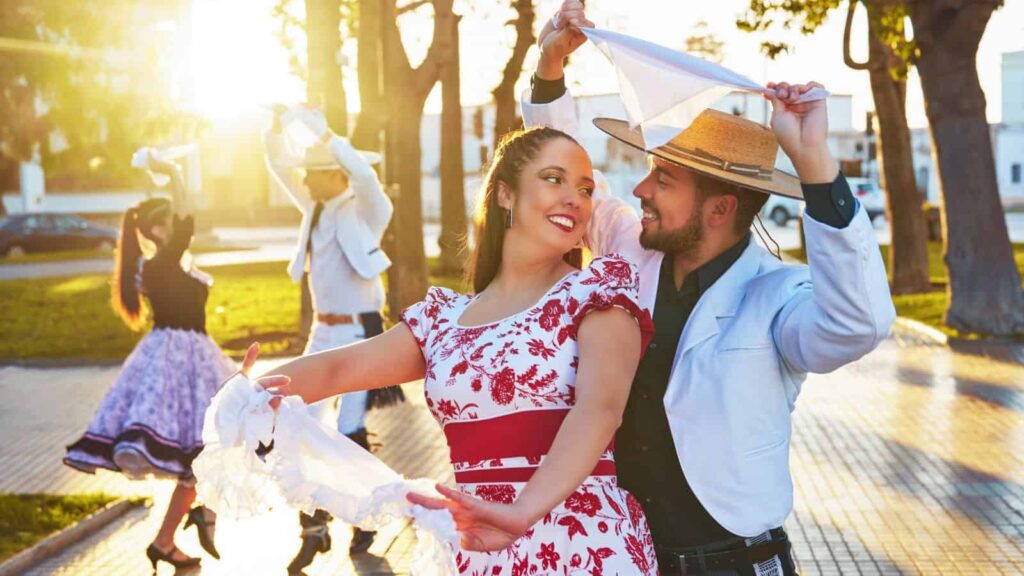
According to The Optimist Daily, “Over half of the states in the US have adopted the square dance as their official folk dance.” It may not be as common these days, but lots of Americans were once forced to learn square dancing (a traditional form of American folk dancing) in their sports classes. It’s pretty odd and likely doesn’t meet the physical activity needs of students.
European Royal Lineages

Historical knowledge is pretty fascinating, that’s for sure, but it has limited application in modern society and everyday life. Considering the fact that this is being taught to Americans, who likely don’t need much European royal knowledge, it’s no wonder it’s criticized as pointless.
The Poem About King Henry VIII’s Wives

We all know how the poem goes, but was it really necessary for it to be so heavily drilled into us as kids? Most people find this pretty pointless, with limited practical application. It’s yet another example of the American education system focusing on memorization over more functional or contemporary knowledge.
The U.S. Presidents in Order

Is there really any value in knowing which order the presidents came in? Many people believe it’s far more important to learn things like what each president did and the impact they had on the United States than to be tested for being able to remember the order, which is practically of no use to people in real life.
Up Next: 19 American Foods that Are Not Allowed in Other Countries

We can debate all day about who has the safest food supply in the world. Though, I’d bet you would be surprised at how many everyday American foods are banned in other countries. Most are due to chemical additives and pesticides, which, in places like the EU, cannot be approved for use unless proven safe. Let’s take a look at 19 of them.
19 American Foods that Are Not Allowed in Other Countries
19 Things That Will Happen When You Stop Drinking Alcohol

Whether you identify as an alcoholic or a casual drinker, alcohol can have a significant negative impact on your health. This is why more and more people are choosing to go cold turkey for the sake of their well-being. If you’re considering going sober but need a little more convincing, we’ve got you covered. Here are 19 things that will happen when you stop drinking alcohol.
19 Things That Will Happen When You Stop Drinking Alcohol
17 Things Guests Actually Notice Right Away About Your House

Inviting people into your home is a big deal. You may be very house-proud or house-conscious, and if you are either, you’ll likely get anxious about hosting. If this sounds like you, stop worrying and focus on the following 17 things that guests actually notice right away about your house.
17 THINGS GUESTS ACTUALLY NOTICE RIGHT AWAY ABOUT YOUR HOUSE

